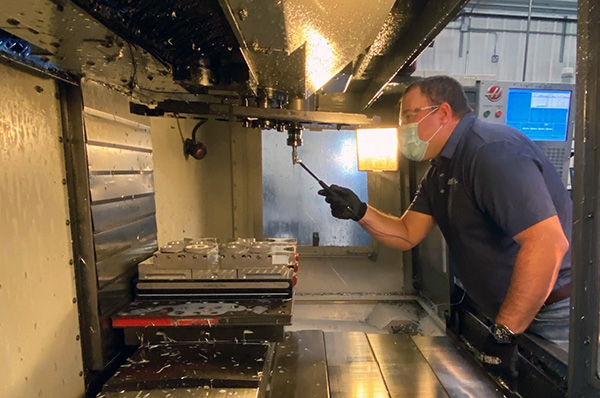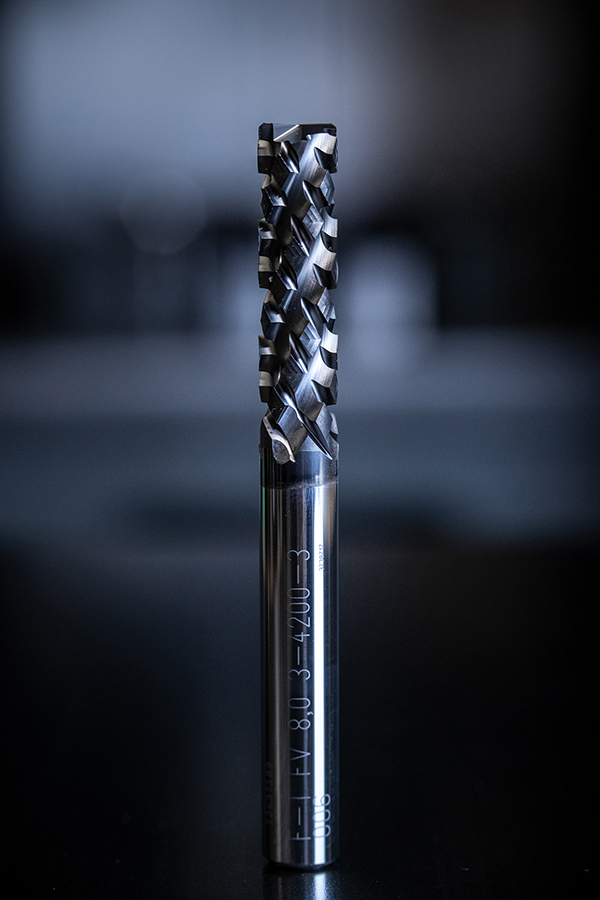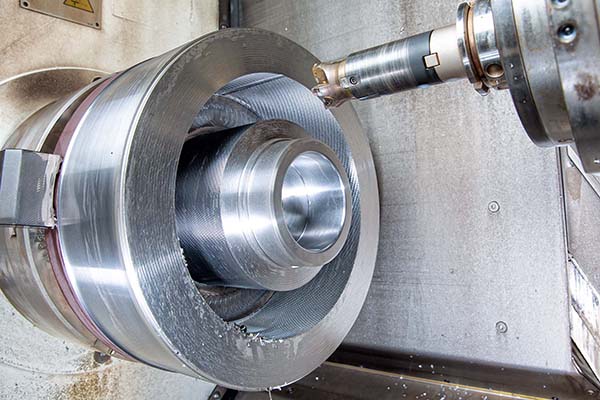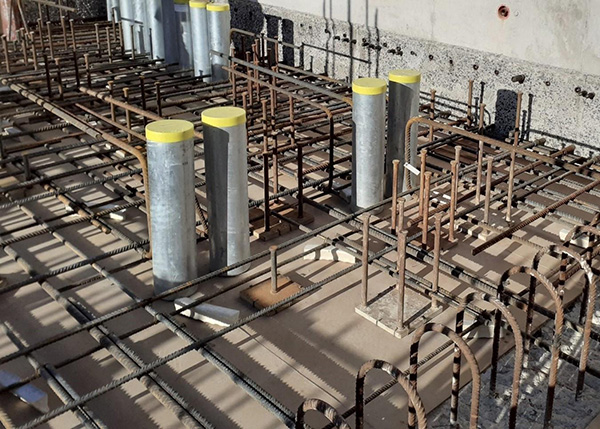
Any engineer knows the consequences of cutting tool vibration, which is why MSC Industrial Supply is making this effect a thing of the past with the new and exclusive MSC MillMax service.
For generations, machine operators have tentatively followed the prescribed cutting speeds and feeds based on manufacturer recommendations, having to later reduce cutting parameters and productivity rates based upon excessive tool vibration and deflection. This tool chatter can be caused by a seemingly endless number of factors that emanate – individually or collectively – from the machine spindle, tool holding configuration and cutting tool. Every machine tool and its respective tooling configuration operates at a unique frequency.
An often challenging puzzle to solve, engineers can only hope for a satisfactory result by relying upon experience, best practice and in some cases luck to attain the best possible outcome. Now, MSC surpasses this perceived ‘best possible outcome’ by applying a scientific approach. The new MSC MillMax service analyses and records frequencies and interprets the data to provide the customer with optimal machining parameters, replacing guesswork with exact scientific data that MSC Industrial says delivers unparalleled results.
MSC MillMax involves undertaking a simple ‘tap test’ that analyses and records the frequencies of the tool in a matter of minutes. Experts from MSC can interpret information from the system and provide the end user with a new set of optimised machining parameters.
Already proving successful in the USA, MSC MillMax is recording a 170% average improvement in material removal rates with a 40% decrease in cycle times.
For further information
www.mscdirect.co.uk























